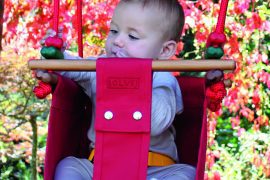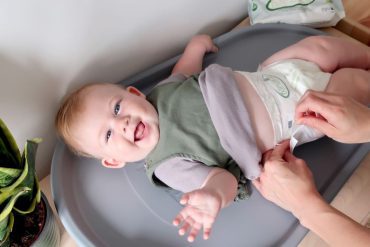The benefits of play, in particular imaginative and nature play, is profound and ranges from providing opportunities for children to identify with the adult world to encouraging abstract and creative thinking.
If imaginative play is so important and the ages zero to five are such important foundational years, wouldn’t it be great if there were more supports for parents (many of whom are pretty busy and tired) by way of in-home play resources? This is the age that apparently is the most formative. But it is also the time when children spend the most time at home (because they are not at pre-kindy or school yet). Alternatively, if they are at daycare, it is because their parents are working and even more tired and busy and the value of in‑home supports becomes even greater.
This is why I wanted to create some in-home supports through our You and Me Play kits. We have worked hard to provide a package that is affordable, expert-reviewed, convenient, inspiring and informative. We also try our best to use only environmentally friendly packaging and avoid plastic toys. Each pack is filled with props relating to a particular play experience and an informative and includes home-delivery for added convenience to busy parents.
This year alone, the Australian Government will be spending over $90 billion on education at a primary and secondary level, which works out to be around $12,000 per school-aged child. Contributions to infant learning mainly takes the form of childcare rebates, grants to organisations such as toy libraries and playgroups, research grants, parent information websites and targeted support programs for particularly vulnerable groups. There is, and always will be, room to do more in the infant learning space. As Bill Gates, in his capacity as the co-chair of the Bill and Melinda Foundation, says – “the first five years have so much to do with how the next 80 turn out”.
Parent-infant play has benefits that go beyond positive educational and literacy outcomes. It has emotional and social and attachment benefits. The benefits in fact are lifelong and I was really interested to discover that many highly creative people have cited childhood imaginary play experiences as their primary source of inspiration (think J.K. Rowling and our very own J.D. Roberts). And now I often find myself getting really stuck into a play experience with my son, and I feel like a big kid again and actually really enjoy myself too. And this is also part of our aim – because why should the kids have all the fun?
Visit www.youandmeplay.com.au or Facebook/Instagram @ympwa










